Judith Herrin devotes a brief chapter to Sidonius in her new book Ravenna: Capital of Empire, Crucible of Europe (p. 72-76).
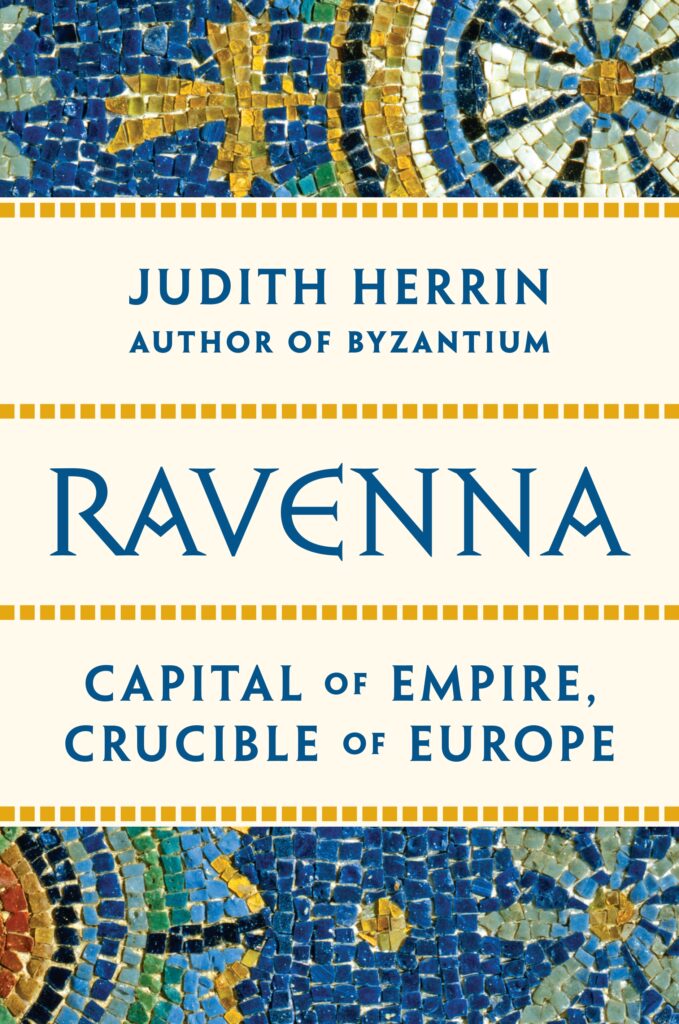

Judith Herrin devotes a brief chapter to Sidonius in her new book Ravenna: Capital of Empire, Crucible of Europe (p. 72-76).
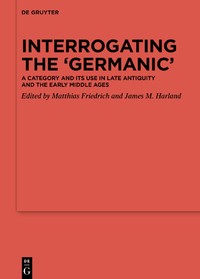
The first Sidonius publication of 2021 is out: Veronika Egetenmeyr, ‘Sidonius Apollinaris’s Use of the Term Barbarus: An Introduction’, in: Matthias Friedrich and James M. Harland (eds), Interrogating the ‘Germanic’: A Category and its Use in Late Antiquity and the Early Middle Ages, Supplement to Reallexikon der Germanischen Altertumskunde 123, Berlin: De Gruyter, 2020, 145-66.
Click here for the ToC
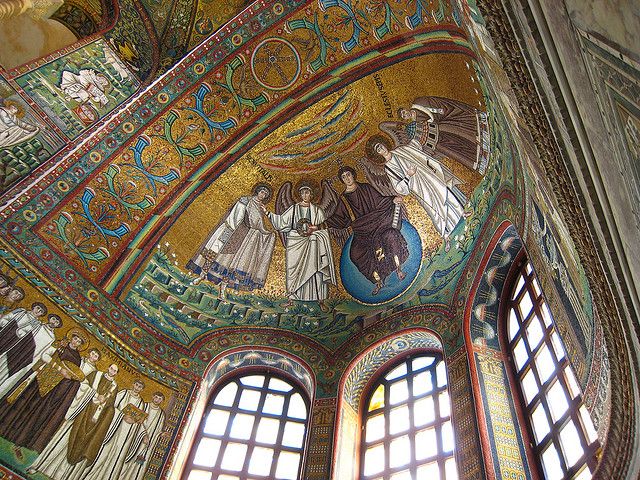
In a new article, ‘The Poet and the Light’, Marco Onorato develops two different applications of Prudentius’ ekphrasis of light and colour in the Temple of Wisdom in Psychomachia 823-887 in Sidonius’ poems, a profane and a religious one, Carm. 11 (the temple of Venus, vv. 17-33) and Carm. 27 in Ep. 2.10.4 (the church of Lyon, vv. 8-15) respectively.
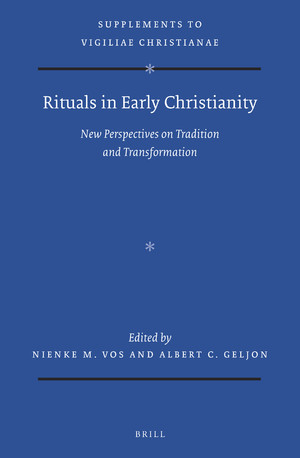
Joop van Waarden has published an article with a cognitive take on the Rogations ritual (see Ep. 7.1) titled ‘The Emergence of the Gallic Rogations in a Cognitive Perspective’, in Nienke M. Vos and Albert C. Geljon (eds), Rituals in Early Christianity: New Perspectives on Tradition and Transformation.
Further to this here

Marco Onorato has contributed to a new volume of Présences ovidiennes with ‘La parola e il silenzio. Echi dell’ultimo Ovidio in un dittico paratestuale sidoniano’. See bibliography page 2020 and Academia
‘Tracce di un fecondo confronto con Ovidio e, in particolare, con la sua produzione dell’esilio affiorano nella praefatio epistolare del c. 22 di Sidonio, delineando l’esistenza di un paratesto ‘espanso’ che deborda nei primi versi del componimento e che sviluppa una riflessione organica sullo statuto del canto e sul rapporto con l’orizzonte d’attesa del pubblico. Emergono inoltre nuovi indizi della fortuna dell’Ibis nella Gallia tardoantica.’
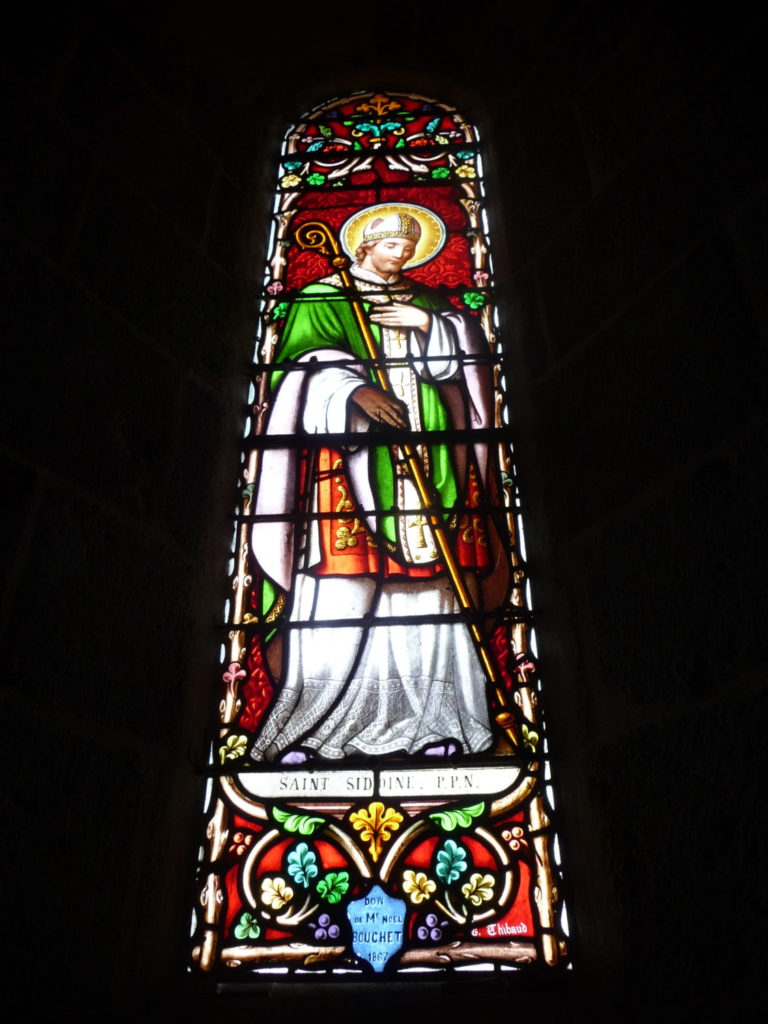
Eduard Manukyan has written ‘Becoming Oneself Among One’s Peers: Sidonius’s Methods of Adaptation and Serving in the Episcopal See’, Cursor Mundi 11 (2020) 47-83. See Academia

On 3 September 2020, the distinguished scholar of Late Antiquity, and of Monastic Culture in particular, Philip Rousseau passed away. As a tribute to his work, here is a link to the full list of his publications.
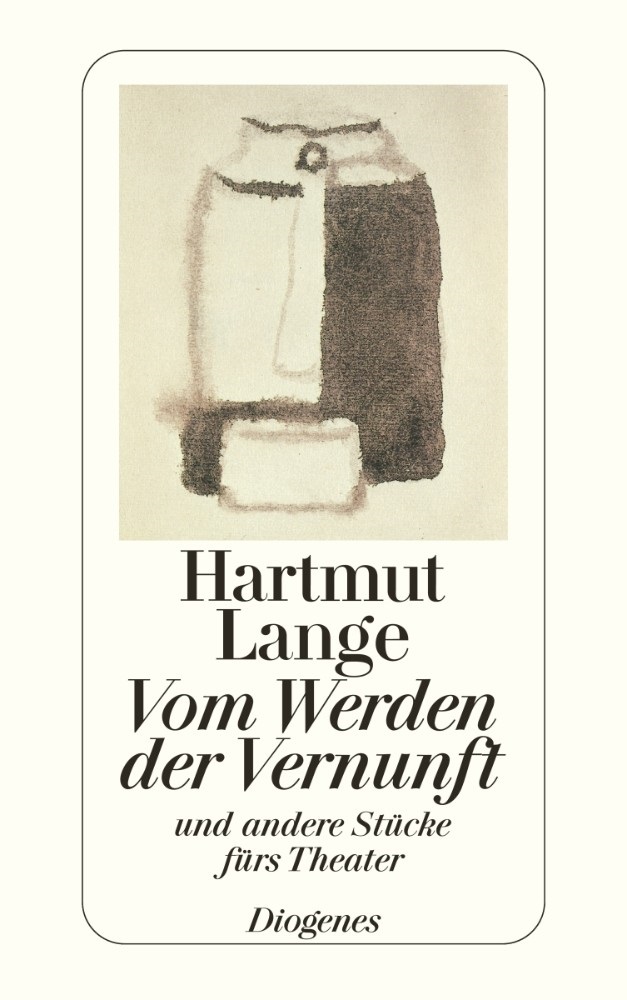
Today, on the occasion of Sidonius’ death on a 21/23rd August some 1,540 years ago, a striking piece of literary reception giving an unexpected twist to the famous Carmen 12 on the impossibility of writing poetry among the barbarians.
Playwright and stage director Hartmut Lange (born 1937, in exile to West-Berlin from the DDR in 1965), in his 1972 play Staschek oder das Leben des Ovid on the dilemmas of compromising with the powers that be, has the protagonist meet Sidonius in Bordeaux instead of meeting Ovid in Tomi, as he expected. Staschek persuades Sidonius to smear his hair with rancid butter to assuage the barbarians. These, indeed, become nicer, but the stench makes Sidonius vomit all the time and prevents him from reciting his ‘ode to Venus’.
The play is a vivid satire of cowardice and self-interest in the face of totalitarianism (Horace and Vergil figure on the wrong side whereas Ovid refuses to collaborate). In the end, everybody has to compromise one way or another, even Sidonius.
See the Reception/Germany page for fuller detail on discussions by Kurt Smolak and Theodore Ziolkowski.
Text to be found in Hartmut Lange, Vom Werden der Vernunft und andere Stücke fürs Theater, Zürich: Diogenes. 1988, 307-41, esp. 338-39.
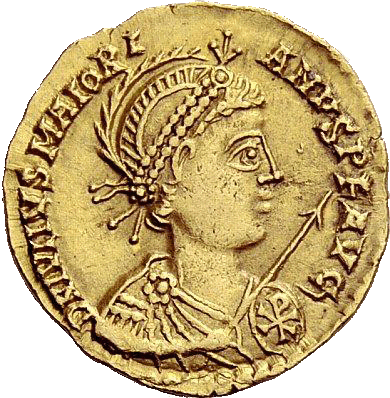
Tiziana Brolli continues the discussion of Carmen 13 on the lines of Stefania Santelia’s emendation of histriones to hic triones, and argues for different dates of the two sections of the poem in a new article ʻLa duplice prex del carme 13 di Sidonio Apollinare’, Wiener Studien 133 (2020) 215-35.
Online edition here
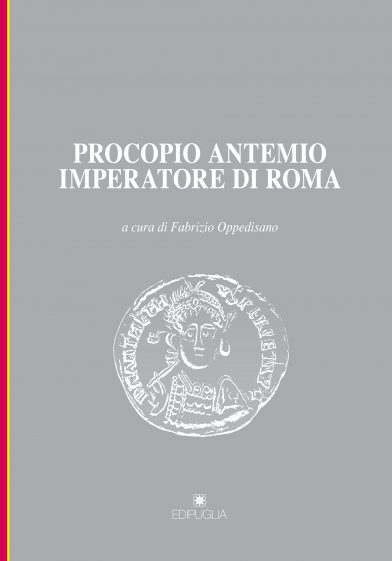
Fabrizio Oppedisano rounds off his Anthemius project with the publication of a diptych consisting of a monograph on the Panegyric of Anthemius (see previous post) and a multi-author volume of essays: Procopio Antemio, imperatore di Roma, Bari: Edipuglia, 2020.